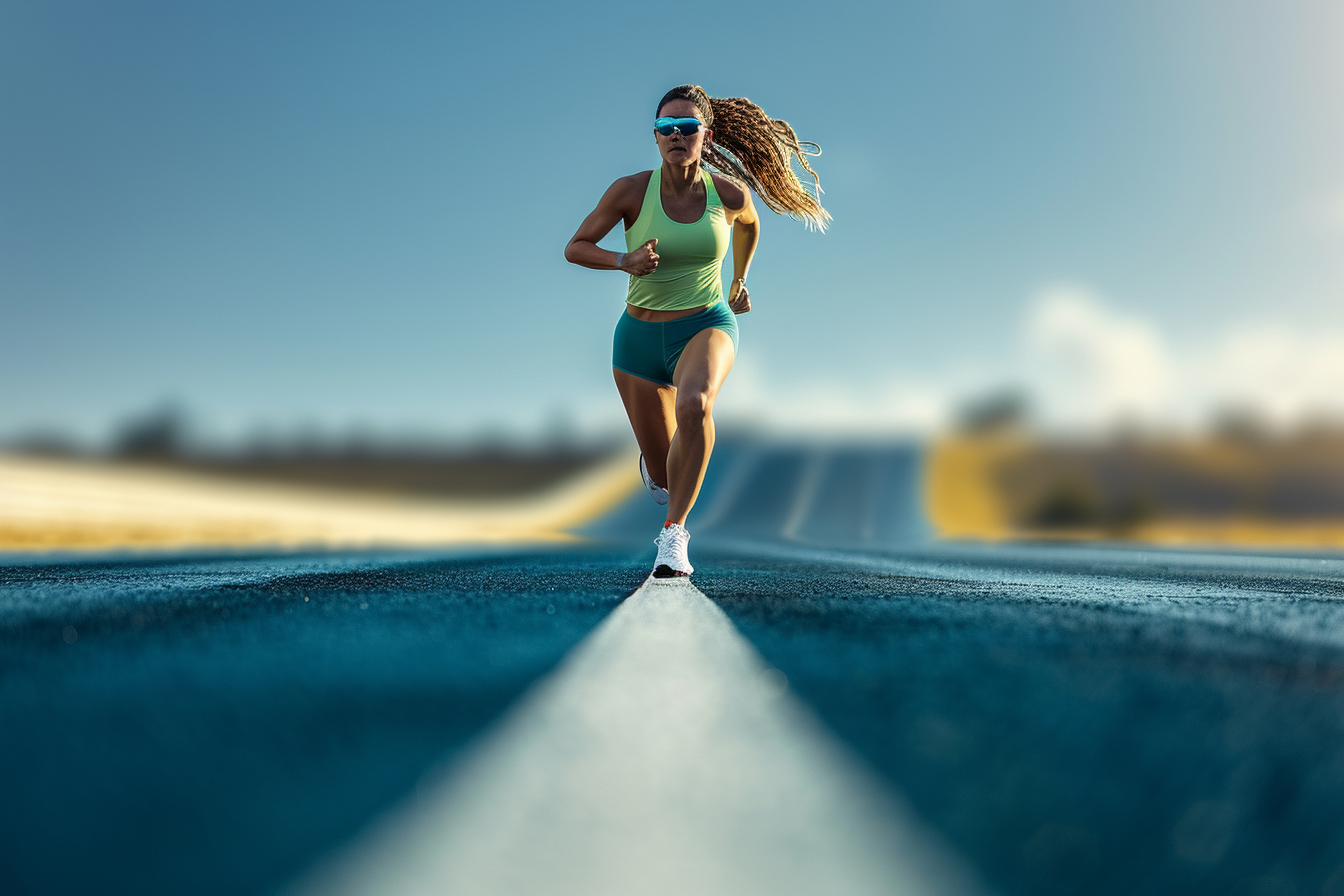Athletes routinely push their bodies to the limit, requiring optimal nutrition to fuel performance and recovery. A vegan diet, when properly planned, can provide all the necessary nutrients for athletic performance. This article delves into the critical components of a vegan diet for athletes, offering insights into maximizing nutrition to meet the demands of athletic training and competition.
Nutritional considerations for vegan athletes
Protein Needs in Vegan Athletes
Protein is the cornerstone of muscle repair and growth, making it a vital nutrient for athletes. Vegan diets often raise concerns regarding adequate protein intake since animal products are traditional protein sources. To optimize protein intake, vegan athletes can rely on a variety of plant-based proteins such as legumes, tofu, tempeh, seitan, quinoa, nuts, and seeds. Combining different protein sources throughout the day is effective in ensuring all essential amino acids are consumed.
Carbohydrates for Energy
As primary fuel for high-intensity exercise, carbohydrates are crucial for vegan athletes. Whole grains, fruits, vegetables, and legumes should be the mainstay of an athlete’s diet, providing not only energy but also essential nutrients and fiber. Emphasis should be on complex carbohydrates, which offer sustained energy release, as opposed to simple sugars that can lead to energy spikes and crashes.
Fats for Endurance
Fats are often misunderstood, yet they play a significant role in long-term energy production, especially for endurance athletes. Within a vegan diet, healthy fats can be sourced from avocados, nuts, seeds, and plant oils like olive and flaxseed oil. These fats are not only energy-dense but also assist in the absorption of fat-soluble vitamins, which is pivotal for overall health.
Micronutrients of Special Attention
Vitamin B12, primarily found in animal products, is a common concern for vegans. Fortified foods and supplements can help maintain adequate B12 levels. Iron is another nutrient to watch, particularly for female athletes, as plant-based iron is less readily absorbed than heme iron from animal products. Consuming vitamin C-rich foods alongside iron sources can enhance absorption.
Calcium and vitamin D are crucial for bone health. Fortified plant milks and juices can be excellent sources for these nutrients. Omega-3 fatty acids, found in flaxseeds, chia seeds, and algae oil, are important for cardiovascular health and inflammation control, often overlooked in vegan diets.
Performance enhancing strategies for vegan athletes

Balancing Macronutrients
Athletes must balance their energy intake by tuning the proportions of carbohydrates, proteins, and fats according to their training demands. For example, during heavy training periods, higher carbohydrate and protein intake is essential for energy replenishment and muscle repair. Contrarily, during lighter training days or rest days, the emphasis may shift slightly towards fats and a lower carbohydrate intake.
Hydration
Staying hydrated is paramount for any athlete. Vegan athletes might consume more fiber, which can increase water needs. Adequate fluid intake before, during, and after exercise is critical for maintaining performance and preventing dehydration.
Timing of Nutrient Intake
Strategic intake of nutrients can enhance performance and recovery. Consuming carbohydrates and protein shortly after exercise can aid in glycogen replenishment and muscle repair. Plant-based proteins, in particular, should be consumed within the anabolic window (approximately 45 minutes post-exercise) to maximize muscle protein synthesis.
Supplementation
While a well-planned vegan diet can meet most nutritional needs, certain supplements may be beneficial. Creatine, beta-alanine, and branched-chain amino acids (BCAAs), which are commonly found in animal products, can be supplemented to support performance and muscle recovery. It’s always advisable to consult with a nutrition professional before starting any supplementation.
Tips for daily meal planning for vegan athletes
Meal planning is crucial for ensuring that all nutritional needs are met. Vegan athletes should aim for a colorful plate at each meal, incorporating a variety of vegetables, fruits, whole grains, and protein sources.
Breakfast: might include oatmeal with nuts, seeds, and fruit or a tofu scramble with vegetables and whole-grain toast.
Lunch: could be a mixed bean salad with quinoa, plenty of leafy greens, and a vinaigrette made with flaxseed oil.
Snacks: might consist of hummus with vegetable sticks, fruit with almond butter, or a plant-based protein shake.
Dinner: could feature a stir-fry with tempeh, an assortment of vegetables, served over brown rice or a hearty lentil stew with whole-grain bread.
Planning and preparing meals in advance can help maintain consistency in meeting nutritional goals. Batch cooking and using a variety of seasonings and cooking methods can keep meals interesting and appealing.
Challenges and solutions for vegan athletes
Transitioning to a vegan diet can present challenges such as the need for increased meal frequency to meet energy demands due to high fiber intake, which can cause satiety. Snacking strategically on calorie-dense foods like nuts can help maintain energy levels.
Finding vegan-friendly options when traveling or eating out requires planning ahead. Researching restaurants and packing nutrient-dense snacks can alleviate this challenge.
Final thoughts
Performance in sports is multifaceted, where diet is just one piece of the puzzle. A well-structured vegan diet can effectively support the nutritional needs of athletes. By focusing on a diverse range of plant-based foods, monitoring and adjusting macronutrient intake, and considering supplements when necessary, vegan athletes can achieve peak performance and optimal recovery. Collaboration with a sports dietitian can ensure individual needs and preferences are met, allowing athletes to focus on training and competition with confidence in their dietary choices.


